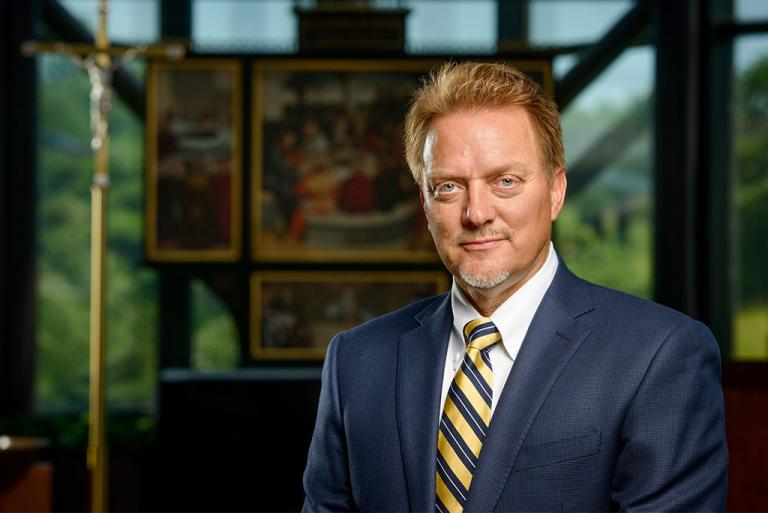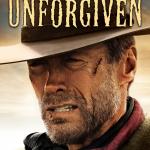I was pleased to hear Dr. Seltz say that the goal of the Lutheran Center for Religious Liberty is precisely to apply the doctrine of the Two Kingdoms, as well as the related teaching of vocation!
He said that “I’m not in D.C. to make us a more political church, but to get the government off our backs so that we can be the church.” Indeed, I would add that the issue is not so much the political activism of Christians but the activism of the government in intruding into issues that were traditionally the concern of churches, such as moral questions (legitimizing abortion and homosexuality), the nature of families (instituting same-sex marriage), and tenets of theology and the Christian life (limiting religious liberty). But the Center’s emphasis on religious liberty does not impose the church’s teachings on anyone and does not make the church complicit in the exercise of governmental power. Rather, it is a defensive posture against political power when used against the church.
Dr. Seltz said that the Two Kingdoms teaching is summarized in Christ’s words that we should “render to Caesar the things that are Caesar’s, and to God the things that are God’s” (Matthew 22:21). So what are we obliged to “render to Caesar”? We have assumed that this is automatic or a matter of merely passive obedience, but this is a positive command. What are our responsibilities, in our vocation as citizens, to the state? The moral law, in its first use (to restrain evil) does apply to the Kingdom of the Left, and we are to love and serve our neighbors in our vocation of citizenship. But how do we do that?
The Center uses the motto, “Christian Public Engagement–Reformation Restraint.” Dr. Seltz says that the theology of Lutherans makes them approach public engagement differently than other Christians. “God is already at work in the Lefthand Kingdom, and He works through non-Christians too,” he said. “We know that, so we have a natural restraint. We don’t want to burn the house down.” But “that restraint means we sometimes do not do anything, which is wrong too.”
Exactly how to apply the doctrine of the Two Kingdoms in different situations requires thought and study. Dr. Seltz told me that he wants the Center to explore this teaching in greater depth and to develop resources on the subject. The Center puts out a semi-weekly e-mail bulletin called Word from the Center, which gives a Two Kingdoms application to the issues of the day. This should be of interest to many readers of this blog. You can sign up for that bulletin here.
Dr. Seltz is a brilliant communicator, filled with ideas and tossing off insights at a rapid clip. I can see why he did so well at the Lutheran Hour and am sure that he will be effective in this new role, talking to politicians and being a Lutheran voice on Capitol Hill. Here are a few other of his bon mots, with my comments:
“Don’t look at whether your life is successful but whether it is useful.” (THAT, my friends, is vocational thinking. The purpose of vocation, contrary to how some Christians see it, is not your personal self-aggrandizement, but loving and serving your neighbors.)
“We need to recover the family as an institution, not a relationship.” (YES! I know that the word “institution” has a bad connotation today, but that is exactly the mindset that needs to change. The family–comprising marriage and parenthood–is an institution, an established objective reality that we need to conform ourselves to. Not just a personal “relationship” that we can enter into or leave depending on how things are going.)
“Life is cross-centered.” (Dr. Seltz’s actual topic at the workshop he gave was “Suffering in Christ, Living with Hope.” He applied the Theology of the Cross to our suffering and grieving. We should not be surprised when trials and tribulations come. But Christ is with us, taking up our crosses into His.)
“Grief does two things to us: it can drive us to despair but it can also drive us closer to God, because we have nowhere else to go.”
“God’s blessings are not to show us how strong we are, but how strong He is.”
“Pro-life is not just fighting for life at the beginning, but also at the end. Versus the mentality of getting rid of children that get in the way and getting rid of old people that get in the way.”
Photo credit: Dr. Gregory P. Seltz, via LCMS/Erik M. Lunsford.













